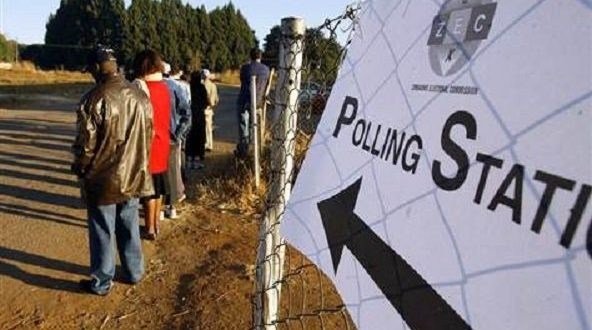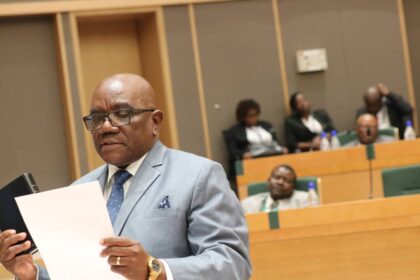Delimitation Exercise: Here is why stakeholders are not trusting ZEC
By Daniel Chigundu
Zimbabwe Electoral Commission (ZEC) is set to kick start the delimitation exercise for political boundaries soon.
The boundaries are critical for the impending 2023 general elections as they will ensure that there are equal voting strengths in wards and constituencies across the country.
Delimitation is provided for in Section 161 of the Zimbabwe Constitution and must happen every 10 years and follows the census exercise.
Zimbabwe conducted a census a few months ago and has been releasing results in drips thereby paving way for the delimitation exercise.
While ZEC published its delimitation road map, the election management body has not provided much detail to show stakeholders where they are at on the road map.
This has left various stakeholders concerned and worried as the process is supposed to be finished by 31 December 2022, if the outcomes are supposed to be used for the 2023 general elections.
Section 161(2) of the Constitution says if a delimitation of electoral boundaries is completed less than six months before polling day in a general election, the boundaries so delimitated do not apply to that election. Instead, the boundaries that existed immediately before the delimitation are applicable.
In the case of Zimbabwe, these will be the boundaries drawn in 2008, which were used for both the 2008 and 2018 general elections.
Zimbabwe has had three electoral delimitation exercises, in 2000, 2005, and in 2008.
The 2000 and the 2005 delimitation exercises were conducted by the Delimitation Commission appointed by the late President Robert Mugabe.
However, speaking to journalists during a Media Elections Academy on Electoral Processes workshop, Zimbabwe Election Support Network (ZESN) director Ellen Dingani said the history of delimitation in the country is giving a lot of people anxiety.
She highlighted that stakeholders have generally been ignored in the past three (2000, 2005, and 2008) delimitation exercises.
Previous delimitation exercises have ignored stakeholders
Below is a list of delimitation exercises, how they have been conducted, and issues raised about them.
History of Delimitations and shortcomings in Zimbabwe
The 2000 delimitation exercise was conducted by the Delimitation Commission appointed by the President. It submitted its report just three weeks before the elections. The process was not inclusive, leading to a lack of trust in the process.
The 2005 delimitation exercise was conducted by the Delimitation Commission which was appointed by the President. The commission was accused of manipulating boundaries, and the report was contrary to the census report. The President appointed the Commission in September 2004 and within a month they had finished the work. And submitted the report to President. This delimitation process was completed long before the voters’ roll was completed.
In 2007, the Delimitation Commission was eventually abolished, and its functions transferred to ZEC. ZEC conducted a delimitation exercise and finalised its report late thereby affecting the voter education process. There were reservations about the Report produced by ZEC, with accusations that it was a desktop document. It also did not consult the stakeholders.
The delimitation conducted by ZEC is the one that increased Parliamentary seats from 120 to 210. This is also the report that informed election boundaries in 2008 and 2018. This is despite the fact that things had changed on the ground.
If ZEC fails to meet the delimitation time frames (December 31, 2022), the 2008 delimitation report will inform election boundaries in the 2023 general elections.
This is despite the fact that most constituencies and wards are now malapportioned, meaning they do not have equal voting strength as is required by law.
Most wards and constituencies are malapportioned
The malapportionment threshold allows constituencies and wards to have 20% or 20% less in terms of equal voting strength.
According to experts, malapportionment is a situation where the number of voters in the various electoral areas is substantially unequal.
According to Ian Goredema from ZESN, there are some areas that are over the malapportionment threshold.
‘’We currently have some constituencies that are 200% over the threshold. And others that are below the threshold of voting strengths.’’
Delimitation Exercise: Here is why stakeholders are not trusting ZEC



